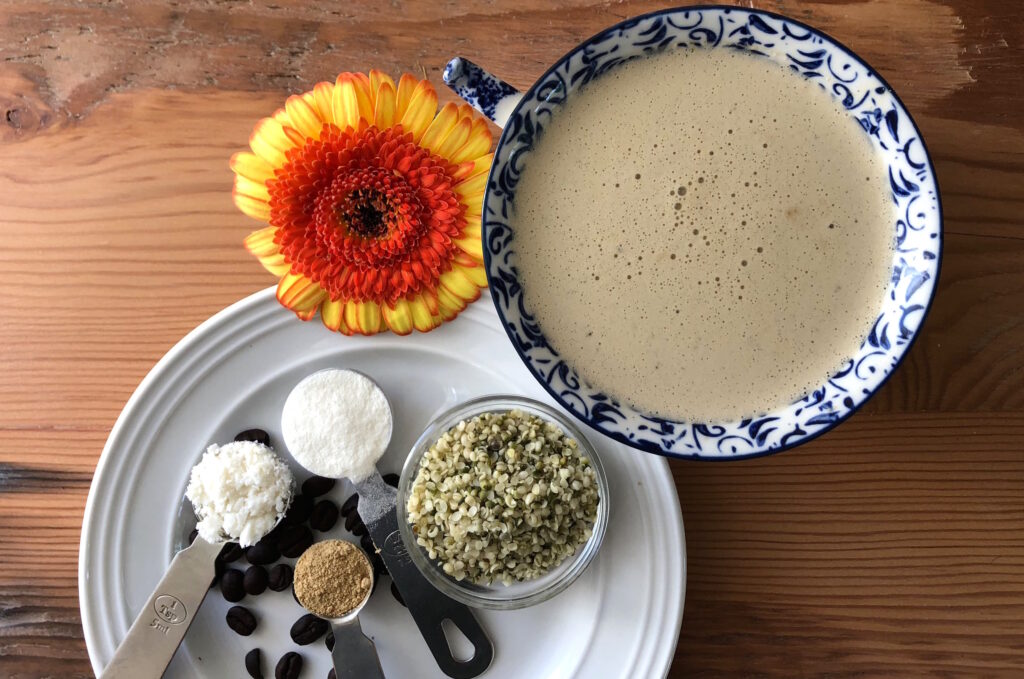In Traditional Chinese Medicine (TCM), the concept of dampness is an important consideration when assessing health imbalances. Dampness refers to an excessive accumulation of fluids or a sluggishness in the body’s metabolism. It is considered a pathological condition that can lead to a range of health issues. In this article, we explore the concept of dampness in TCM, its causes, symptoms, and natural approaches to addressing internal imbalances associated with dampness.
Understanding Dampness in TCM:
In TCM, dampness is seen as a result of the body’s inability to properly transform and transport fluids. This can be due to a variety of factors, including dietary choices, lifestyle habits, environmental influences, and constitutional predispositions. Dampness can manifest internally or externally and affect various organs and meridians in the body.
Key Characteristics of Dampness:
- Heavy and Sticky: Dampness is often described as heavy, sticky, and turbid in nature. It can manifest as a feeling of heaviness in the body or a sense of sluggishness.
- Stagnation: Dampness tends to accumulate and stagnate in the body, impeding the smooth flow of Qi (vital energy) and blood. This stagnation can lead to various health issues.
- Cold or Heat: Dampness can be associated with either a cold or heat pattern. Cold-dampness is characterized by a feeling of coldness, aversion to cold, and a heavy sensation. Heat-dampness, on the other hand, may manifest as redness, swelling, and a feeling of heat.
Symptoms and Signs of Dampness Imbalances:
Dampness imbalances can present with a variety of symptoms, which may vary depending on the specific organs or meridians affected. Common signs of dampness imbalances include:
- Fatigue and lethargy
- Edema or water retention
- Digestive issues, such as bloating, loose stools, or a heavy sensation in the abdomen
- Phlegm production, congestion, or excessive mucus
- Joint pain or stiffness
- Skin conditions, such as eczema or acne
- Foggy thinking or poor concentration
- Urinary issues, such as frequent urination or cloudy urine
Addressing Dampness Imbalances in TCM:
TCM aims to address dampness imbalances by focusing on eliminating excess dampness, promoting healthy fluid metabolism, and strengthening the body’s ability to transform and transport fluids. Some approaches to managing dampness in TCM include:
- Acupuncture: Acupuncture can help stimulate the movement of Qi and blood, promote fluid circulation, and address underlying imbalances contributing to dampness. Specific acupuncture points and meridians are selected based on individual symptoms and patterns.
- Herbal Medicine: TCM utilizes various herbs with properties that help to transform and eliminate dampness. Herbal formulas are prescribed to address specific symptoms and patterns, supporting the body’s ability to resolve dampness imbalances.
- Dietary Modifications: TCM emphasizes dietary choices that promote healthy digestion and fluid metabolism. This may include reducing or eliminating damp-producing foods, such as dairy, greasy or fried foods, sugar, and excessive raw or cold foods. Incorporating warm, cooked foods and incorporating herbs with drying properties can help counteract dampness.
- Lifestyle Adjustments: Lifestyle modifications can play a significant role in managing dampness imbalances. Regular exercise, maintaining a balanced sleep routine, managing stress, and avoiding excessive damp environments can support the body’s ability to resolve dampness.
- Mindfulness and Stress Reduction: Emotional factors can contribute to dampness imbalances. Mindfulness practices, stress reduction techniques, and emotional well-being approaches can help manage stress and support overall balance.
Consultation with a TCM Practitioner:
To address dampness imbalances effectively, it is recommended to consult with a qualified TCM practitioner. They will assess your specific symptoms, medical history, and individual constitution to develop a tailored treatment plan. This may include acupuncture sessions, herbal prescriptions, dietary recommendations, and lifestyle modifications. Regular follow-up visits with your TCM practitioner can help monitor progress and make necessary adjustments to address dampness effectively.

The concept of dampness in Traditional Chinese Medicine provides insights into the body’s internal imbalances and their impact on health. By understanding and addressing dampness, TCM aims to restore the body’s ability to transform and transport fluids, promoting overall balance and well-being. Through a combination of acupuncture, herbal medicine, dietary adjustments, lifestyle modifications, and mindfulness practices, individuals can support their bodies in resolving dampness imbalances and promoting optimal health.
Note: Traditional Chinese Medicine is a complex system that requires professional guidance. This article is for informational purposes only and does not substitute professional medical advice.









